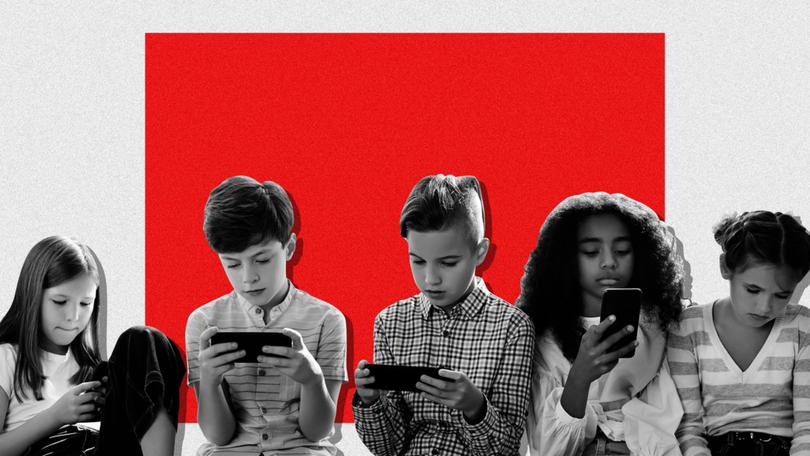In News: The digital genie is out of the bottle. How can we protect kids online?
2.With the increasing reliance on smartphones and social media among children, how are these technologies affecting their emotional development and socialisation?
Debate on restricting smartphone and social media usage for children has gained momentum, particularly in light of recent initiatives in countries like Australia and movements in the UK.
Concerns about impact on emotional development and socialisation are driving advocacy for limitations.
Emotional Development
- Mental health issues: Excessive smartphone use is linked to rising rates of anxiety, depression, and suicidal thoughts among youth.
- Cyberbullying and online harassment: Children may be exposed to cyberbullying, online harassment, and negative comments, which can have a significant impact on their emotional well-being.
- Cognitive and emotional regulation: Excessive smartphone use can lead to cognitive-emotional regulation issues. This can cause impulsivity, difficulty managing emotions, and problems coping with stress.
- Reduced attention span: Frequent notifications and multitasking can impair attention span and focus on tasks.
- Emotional desensitisation: Overexposure to online content may lead to reduced empathy and emotional responsiveness.
- Addiction and dependency: Many children exhibit signs of behavioural addiction to smartphones, which can lead to feelings of inadequacy and isolation when not online.
- Difficulty in expressing emotions: Reliance on emojis and text can hinder the ability to articulate feelings effectively.
- Comparison and self-esteem issues: Social media platforms often portray idealised versions of reality, leading children to compare themselves negatively to others and experience low self-esteem.
Socialisation
- Altered interpersonal skills: The prevalence of digital interactions over face-to-face communication can hinder the development of essential social skills.This may hinder the development of essential social skills, affecting friendships.
- Dependency on online validation: Children may seek approval through likes and comments, altering their self-image based on digital feedback.
- Changing social norms: Increased smartphone use can limit outdoor play and real-world activities, contributing to feelings of loneliness.
- Superficial relationships: Online relationships may be superficial and lack the depth and complexity of face-to-face interactions.
- FOMO and anxiety: The constant pressure to stay connected and updated on social media can lead to fear of missing out (FOMO) and anxiety.
While smartphones and social media provide valuable resources, their overuse poses significant risks to children’s emotional health and social development. A balanced approach is essential for fostering healthy digital habits alongside real-world interactions.
PYQ
- Child cuddling is now being replaced by mobile phones. Discuss its impact on the socialisation of children.2023
Source:

